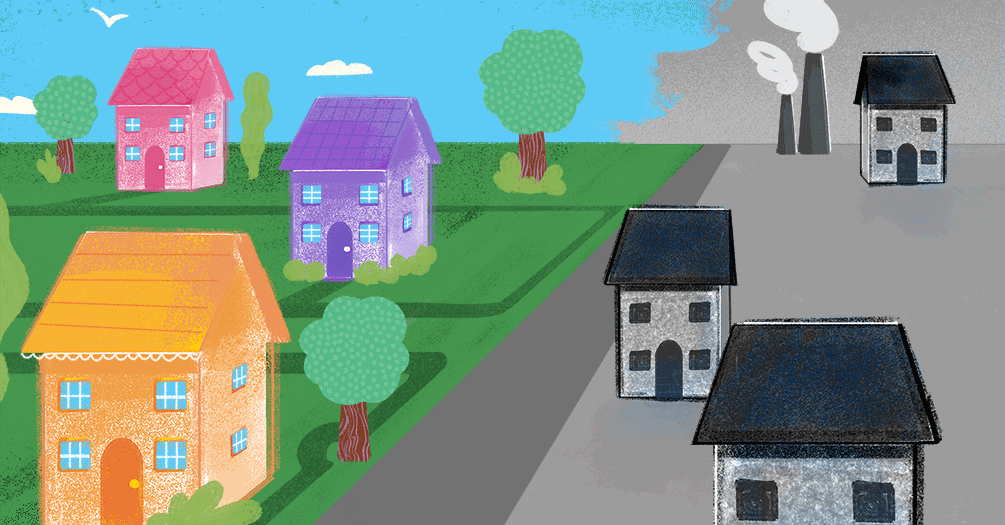
Breaking barriers: Gender, health, and justice for all
Join experts discussing gender and health equity, focusing on challenges for transgender communities, systemic inequities, and legislative impacts, highlighting interdisciplinary solutions.

Join experts discussing gender and health equity, focusing on challenges for transgender communities, systemic inequities, and legislative impacts, highlighting interdisciplinary solutions.

Dr. Rachel Levine discusses her vision for health equity and strategies for navigating healthcare challenges in a polarized world during a conversation with Dean F. DuBois Bowman.

Experts in public health and urban planning explore factors driving housing inequity, the nationwide housing crisis, and innovative solutions for housing access. Discover how they combine their expertise to address housing issues that affect health.

Five years after COVID-19 began, University of Michigan School of Public Health experts reflect on lessons learned and ongoing research. Hear stories of resilience programs for older adults and studies tracking the pandemic's lasting impacts.

Learn about the groundbreaking BASIC study on stroke disparities led by Lewis Morgenstern and Lynda Lisabeth. Discover key findings, the link between stroke and sleep apnea, and strategies for stroke prevention.

Explore how environmental and chemical exposures contribute to cancer disparities across different demographic groups. Justin Colacino, associate professor of Environmental Health Sciences, unpacks the intersection of pollution, diet, and chronic diseases like cancer.